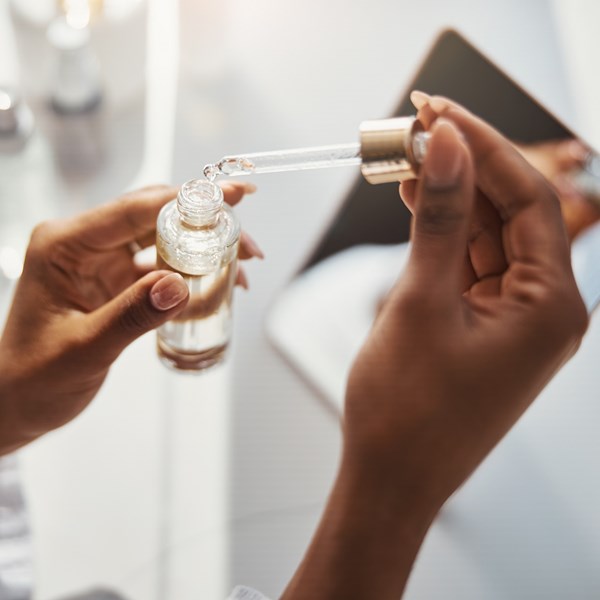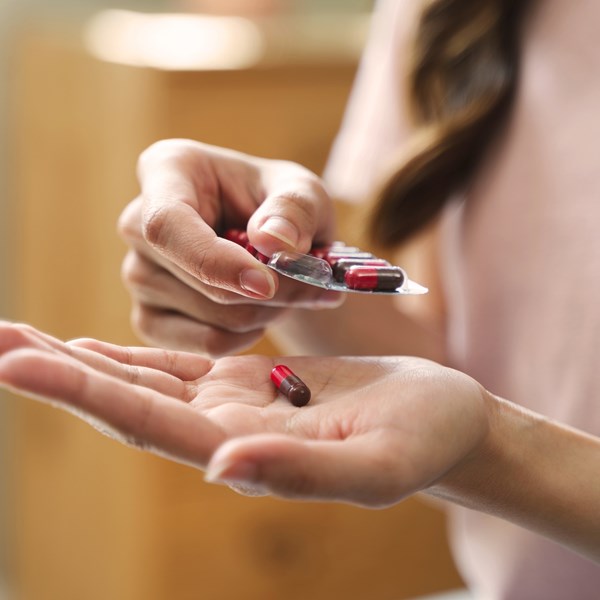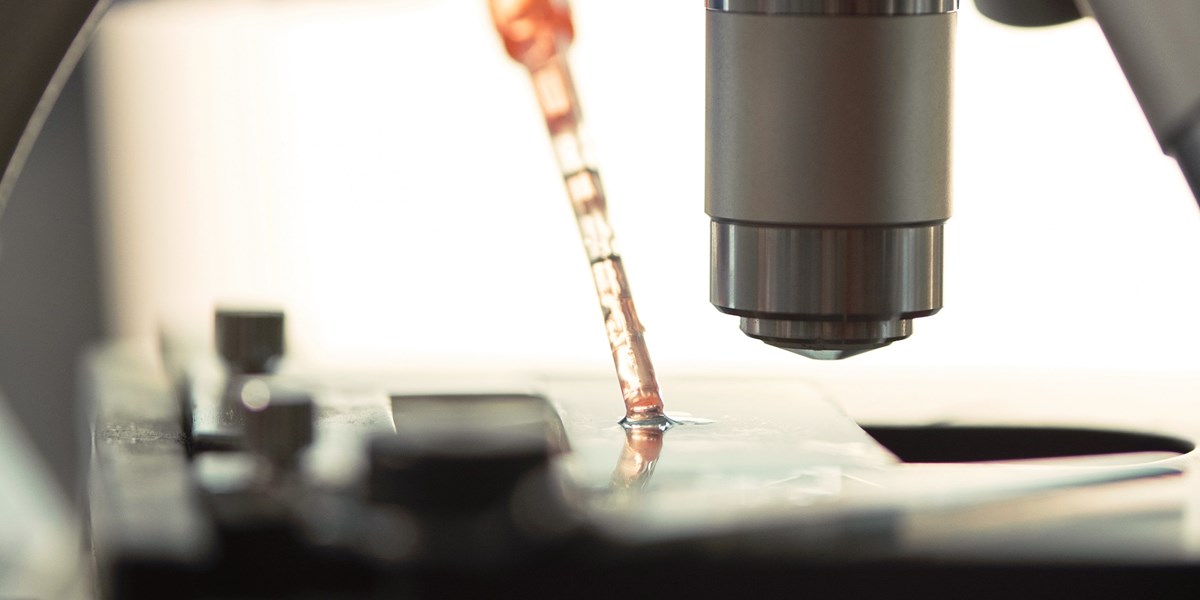EUROPEAN MARKETING AUTHORISATIONS FOR OFATUMUMAB
Ofatumumab, under the brand name ARZERRA, received an initial 5-year conditional European marketing authorisation (MA) in April 2010, which was renewed with unlimited validity in April 2015. Glaxo Group’s ARZERRA was indicated for adult patients with previously untreated, relapsed or refractory chronic lymphocytic leukaemia (CLL).
In February 2019, the European Commission accepted the voluntary withdrawal of the MA by the subsequent holder, Novartis Europharm Limited. According to the accompanying public statement, the withdrawal was based on the holder’s “decision to permanently discontinue the marketing of the product [in Europe] for commercial reasons”.
A new European MA for ofatumumab, now under the brand name KESIMPTA, was subsequently granted to Novartis Ireland Limited in March 2021 for the treatment of adult patients with relapsing forms of multiple sclerosis (RMS).
THE SPC APPLICATIONS
According to the SPC database of the Hungarian National Office of Intellectual Property, Genmab filed a first SPC application (number S1200013) in July 2012 based on European patent EP1558648B1. The basic patent had an expiry date in October 2023. It appears that the SPC application was finally refused in 2021, as would have been expected following the withdrawal of the original MA.
Genmab later filed a second SPC application (number S2100026) in July 2021 based on a European divisional patent EP3284753B1 having the same October 2023 expiry date. The present referral appears to relate to an August 2023 decision of the Hungarian Office to refuse this SPC application. In view of the referred question, we speculate that the Hungarian Office considered the MA for ARZERRA to be the first MA for ofatumumab, and therefore relevant under Art. 3(d) of the SPC Regulation, but that the Court required clarification from the CJEU.
COMMENTARY
The requirements of Art. 3(d) of the SPC Regulation have been the subject of several previous referrals to the CJEU, most recently dealt with in Santen (C-673/18) in which the Court took a restrictive stance on what must be considered the first marketing authorisation for an active ingredient or combination of active ingredients. In particular, the Court reversed earlier case law that had permitted an earlier marketing authorisation to be disregarded if the later marketing authorisation related to a new therapeutic use on which the SPC application was based. In doing so, the requirements of Art. 3(d) SPC Regulation appear to be absolute: the SPC application must be based on the earliest marketing authorisation for that active ingredient or combination of active ingredients.
In many cases this means that an applicant must base their SPC application on the earliest MA concerning the active ingredient(s), even if a later MA is more relevant to their commercial product. However, some consider the combined reading of Arts. 3(b) and 3(d) to require the earliest MA to be in effect at the date of making the SPC application. In the present case, the MA for ARZERRA had been withdrawn before Genmab filed its second SPC application, which may explain why the Hungarian database shows only the details of the MA for KESIMPTA. Hence, it is for the CJEU to consider whether the SPC Regulation precludes Genmab from obtaining any SPC protection or that some reinterpretation of the legislation is warranted.
We look forward to receiving more details once the detailed request and/or referring decision of the Hungarian court is made available on the CJEU database. In any event, it is usual for the CJEU to take 1-3 years to reach a decision on referrals relating to SPCs. We will continue to monitor this case alongside other developments about SPCs across Europe. In the meantime, please contact one of the patent attorneys in our SPC and regulatory team if you have any questions regarding regulatory and patent exclusivities.






